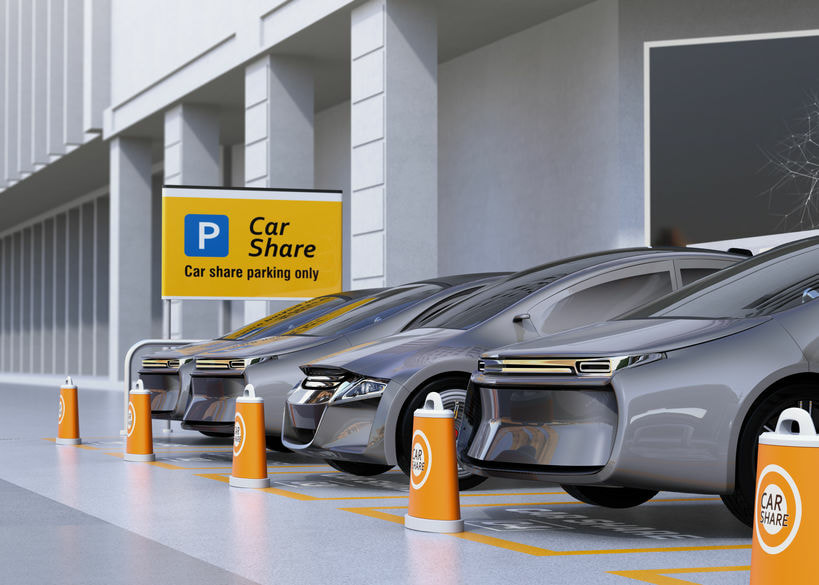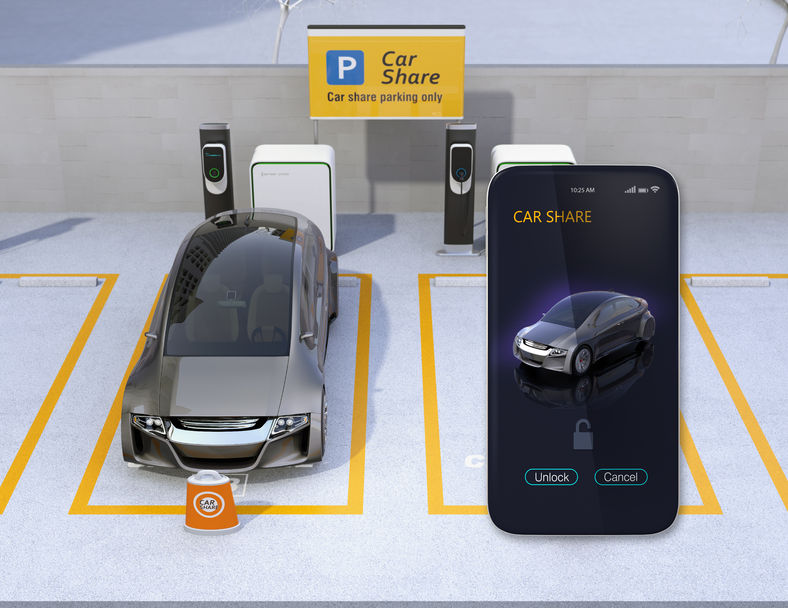|
If you knew that car sharing would provide big benefits for your family, would you sign up to it?
Car sharing is growing in popularity, but many people are still unaware of its benefits and aren’t quite sure how it works. Is it expensive? Do you pay for petrol? What happens when you’re done with the car? What about insurance? These are all relevant questions that can be easily answered if people have the right information. The first important piece of information to know about car sharing is that it is a form of car rental but it differs from the traditional car rental approach typically used in Australia (Hertz, Avis, etc.) It is designed for convenience, and it generally appeals to people who need to use a vehicle for only short periods of time (a few hours) and want to pay for what they use as they go. It allows access to a car at any time, and in some instances with no prior booking. It can provide access to a wide range and type of vehicles from sedans through to wagons, SUVs and utes. So, how does it work? First, you need to find out what car sharing operators you are close to. The leading companies for car sharing in Australia are Flexicar, GreenShareCar and GoGet and all work off a similar approach of picking a plan (how many hours you want to drive), booking your car and then driving away! Shared cars tend to come fully packaged with insurance, registration, fuel, maintenance, servicing, cleaning, etc. so there is a lot less to pay for and to worry about.
There are several different types of car sharing approaches:
Car sharing has the potential to make a major contribution in the transition away from Australian’s dependence on private cars. Using private cars is one of the most carbon intensive ways to get around and car sharing will increasingly become important for a nation that is edging progressively closer to accepting the benefits of partially and conditionally automated vehicles. Car sharing can be an effective part of the overall solution to improve the liveability of our cities that is likely to include electric, connected and automated technologies and other ride sharing and car subscription models. One car share vehicle has the potential to replace between 7 – 13 privately owned cars and the parking spaces that go with them. The typical car share user travels 50% less than the driver of a privately owned vehicle, and often uses other more sustainable methods of transportation such as public transport, cycling and walking. The cost of owning and driving a car is continuing to escalate. The latest analysis by the Australian Automobile Association (Transport Affordability Index Sep 2018) has found that the average Australian metropolitan family spends $18,221 a year on transport costs — up 4.2% on the previous year. The analysis found transport costs now represent 14.4 per cent of city family annual expenses. With the cost of owning a car becoming increasingly expensive, car sharing can help to eliminate many of these costs and ensure that people only pay for what they use. The benefits from not providing as much parking, which is often considerably underutilised, are also significant. The City of Port Phillip in Victoria have been conducting studies on car sharing and have found that every dollar spent on car sharing returns $2.43 in quantifiable benefits to the community. They also estimated that there are approximately 1,000 fewer vehicles on the City’s roads today due to the 1,000 car share vehicles within its jurisdiction.
Victoria isn’t the only state to highlight the benefits of car sharing. The City of Sydney in NSW found that the benefits that car share provides outweigh the costs by a ratio of 19 to 1! This proves just how effective car sharing can be when local government actively promotes it.
The most attractive places in our cities are walkable, bikeable and public transport friendly. Car sharing can complement these forms of transport and will provide a range of benefits in our increasingly densely populated cities, where it is more cost effective to use a car sharing service in place of owning a second car! Other benefits of car sharing include:
For car sharing to really take off, the driving and sharing culture in Australia does need to change. When it comes to our cars, we seem to prefer the privacy and intimacy of our own vehicle, and sharing, whether it be hiring out your own car or making use of a car driven by others, challenges these norms. As a nation we are becoming less attached to the places and items that we depend on, and over time this will include our privately owned vehicles. What would convince you to try out car sharing? |
L5D NewsLevel5Design (L5D) is a specialist advisory and design consultancy dedicated to achieving valuable and innovative outcomes for its customers in the rapidly evolving transport technology and infrastructure planning and design spaces. Archives
July 2024
Categories
All
|
Services |
Company |
PERTH | SYDNEY | MELBOURNE | ADELAIDE | BRISBANE
© COPYRIGHT Level 5 Design Pty Ltd 2019. ALL RIGHTS RESERVED.







 RSS Feed
RSS Feed